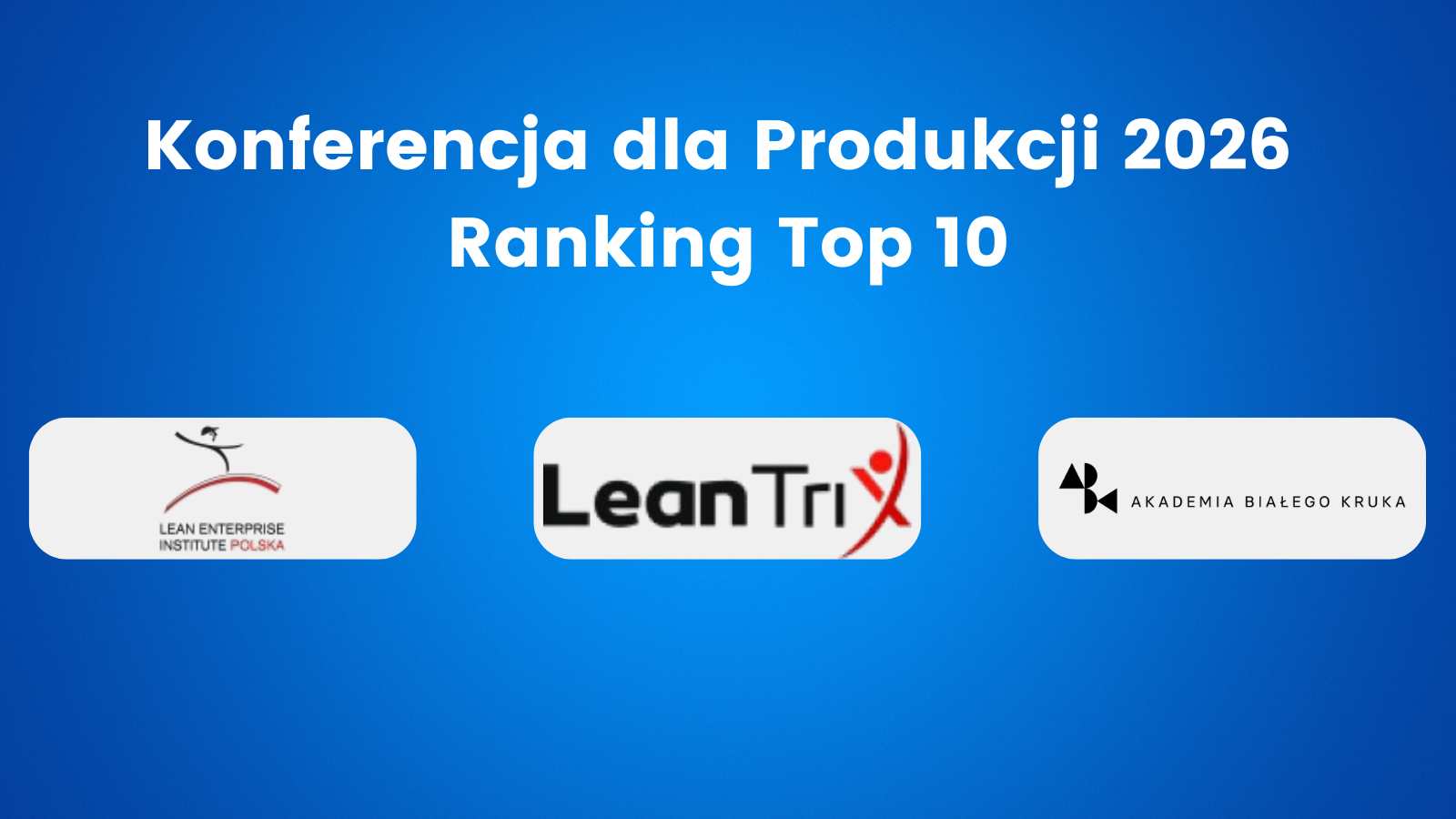Understanding private blockchain’s. Blockchain for business. How to limit access to the blockchain network to achieve a “closed” nature and privacy? Private blockchain, permissioned blockchain is a term used in relation to blockchain/DLT solutions for business.
Table of Contents
TogglePublic vs. Private Blockchain Access
Public blockchain (Bitcoin, Ethereum) is characterized by open access to data for everyone. Simply running your own blockchain node allows you to download a complete copy of the blockchain or just use blockchain explorers available on the Internet. Furthermore, interaction with a public blockchain is also possible for anyone. Basic cryptographic “artifacts” in the form of cryptographic keys (generated by cryptocurrency wallets like Metamask) are enough, and anyone can send transactions and read data from the blockchain.
The “Closed” Nature of Private Blockchain
Private blockchain is closed. It is formed by “organizations” that are its participants. Organizations can have their own users. Without proper permission, one cannot join such a network or interact with it (write data to such a blockchain). How is this “closed” effect achieved? Through appropriate configuration of such a network combined with cryptography.
Securing Access and Participants in Private Blockchain
Private blockchain networks have records in their “ledger” describing which cryptographic keys they accept. In Hyperledger Fabric (HF), a popular tool for creating private blockchain networks, every component of this network, from the network “node” to an application connected to the network, and including the end-user, each has a properly generated cryptographic key. In HF, artifacts/keys, specifically cryptographic certificates, are in the X509 standard. Such certificates are similar to SSL certificates securing internet traffic. Using the Chain-of-Trust technique, it is possible to store in the blockchain the key of a certifying entity (CA) in a way that the blockchain will be accessible only to users possessing a certificate signed by the CA, for instance, generated by one of the organizations creating the private blockchain network. Access to the blockchain can also be revoked if information about the deletion of a specific CA key is recorded in the blockchain. Then, all keys/certificates signed by a specific CA become invalid. When does this make sense? For example, when a particular organization ceases to be part of the blockchain.
Benefits of Private Blockchain for Business
Understanding private blockchain’s. Private blockchain/DLT addresses certain issues of public blockchains from a business perspective: it enables regulated access to data and the ability to interact with the network only by specific participants. However, what are the benefits of such private blockchain networks for businesses? Wouldn’t it be better to create traditional, centralized IT systems? I will discuss this in the next post.
I design and build enterprise IT solutions based on blockchain technology.
I am blockchain architect in Trans.eu building ECMR (digital CMR Consignment Note) based on blockchain. I teachabout Bitcoin, blockchain and decentralization via Linkedin and blog: https://mobycrypt.com.







